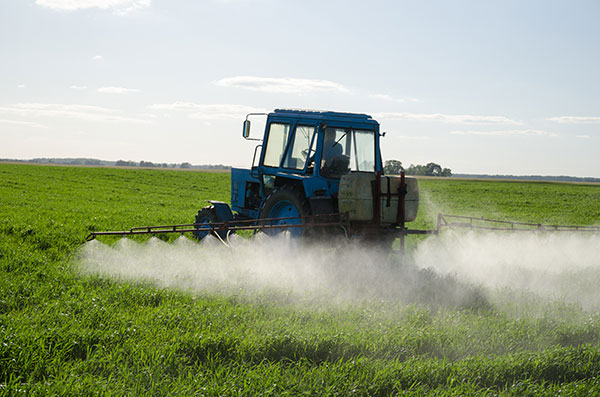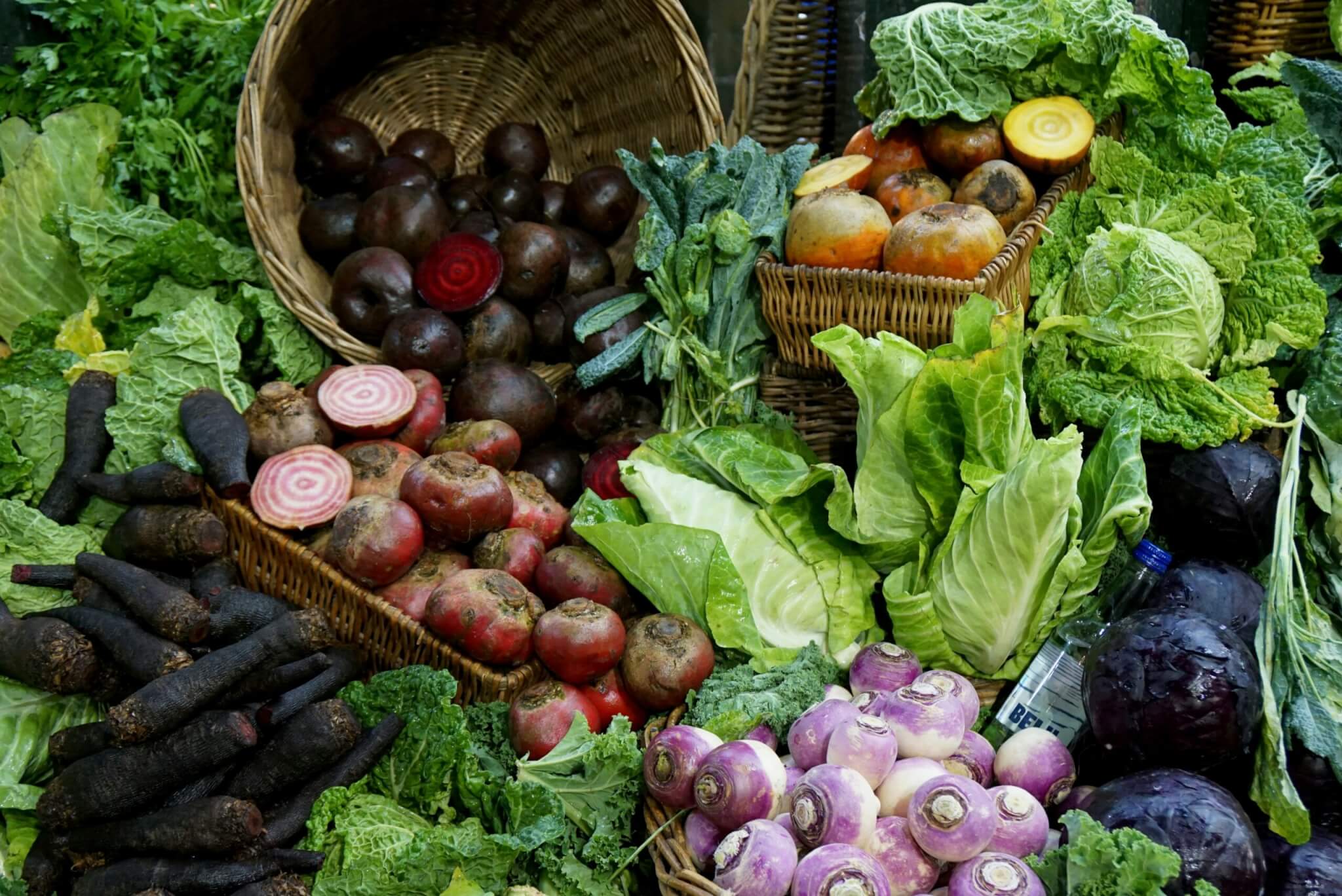The number of global farmers and farm workers suffering acute poisoning from pesticides has risen “dramatically” in the last 30 years, a new study has found.
Based on a systematic review of scientific literature between 2006 and 2018, researchers found there are around 385 million cases of acute poisonings cause by pesticides each year, up from 25m in 1990.
The study, published in the journal BMC Public Health, found the greatest number of non-fatal poisoning cases was in southern Asia, followed by Southeast Asia and East Africa.
The highest single national incidence was in Burkina Faso, where nearly 84 per cent of farmers and farm workers experience unintentional acute pesticide poisonings every year.
Total fatalities around the world from unintended pesticide poisonings are estimated at around 11,000 deaths per year and nearly 60 per cent occur in India, indicating serious problems with pesticide use, according to researchers.
“These findings underscore the urgency of reducing and eliminating the use of highly hazardous pesticides,” said Kristin Schafer, coordinator of Pesticide Action Network (PAN) International. “These pesticides are causing the unacceptable poisoning of those who produce our food, but also chronic health effects such as cancer and ecological impacts such as the collapse of biodiversity. Time for global action is long overdue.”

The data covered 141 countries in total and looked at 157 scientific papers that focused on occupational poisonings, particularly of farmers and agricultural workers.
The estimated number of global nonfatal unintended pesticide poisonings found in the study is significantly greater than previous estimates, partly because the current study covers a greater number of countries, and also because there has been an 81 per cent increase in pesticide use since 1990, according to PAN UK and PAN International.
“We realize there are limitations in the data on pesticide poisonings,” said Javier Souza, PAN Latin America’s coordinator. “But this study clearly shows this as a serious, global problem that warrants immediate action. Highly hazardous pesticides must be phased out by 2030 to meet global Sustainable Development Goals, and we must shift to healthier and more resilient systems like agroecology.”
“Pesticide poisonings are a public health crisis that must be addressed,” said Sarojeni Rengam, executive director of PAN Asia Pacific. “Beyond the immediate suffering, poisonings can also reflect exposure that cause long term, chronic health effects. It’s shocking and shameful that this problem has gotten worse rather than better over the past 30 years.”












0 Comments